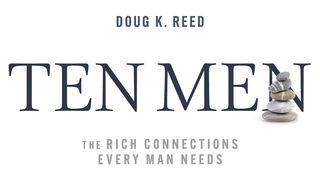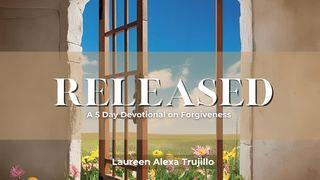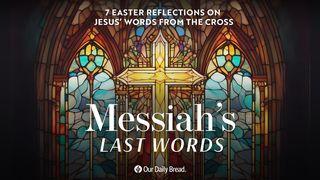Advent Chai with MalachiSample


Fourth Tuesday in Advent
Ris’n with Healing
in His Wings
God is the great healer. And Christ’s coming brought the beginning of a universal healing yet to come.
Some scholars believe the “sun of righteousness” that Malachi describes is a promise of general blessing to all people. But the above qualification (“to those who fear My name”) suggests this sun’s blessing has limited scope. It is not to all people, but for those who revere God.
And what exactly is the “sun” in view here? We can gain a better understanding by doing a quick survey of Scripture and seeing references to God as light. The psalmist wrote, “The Lord God is a sun and a shield” (Ps. 84:11) and Isaiah promised, “The Lord shall be to you an everlasting light, and the God of your glory; your sun shall no more go down, for the Lord shall be your everlasting light” (Isa. 60:19–20). Jesus himself said, “I am the light of the world.” Looking back on Jesus’s life, Luke wrote, “The Dayspring from on high has visited us, to give light to those who sit in darkness” (1:78–79). And the apostle John wrote, “God is light” (1 John 1:5).
Here in Malachi, it appears that the prophet has combined two figures of speech— personification (God as sun) and anthropomorphism (God as bird). The sun/light of righteousness will rise up on wings for those who fear God’s name. The sun of righteousness or vindication is a metaphorical way of saying “the day of the Lord” will come as a time when God deals with the wicked and vindicates those who respect his name. In a world that sometimes hates what is good and loves what is evil, right will arise and chase away darkness.
So, what are the “healing wings” (4:2)? The reference to a sun that will rise with healing wings is a prediction we connect with Christ’s second coming. From the perspective of those who revere God, we equate with justice and healing the vindication that comes with judgment. When Christ returns to reign, the world can expect the government on his shoulders to be a just one with fair laws and equity for all. And on an individual level, people will have “shalom,” the whole-person wellness God designed us to have.
Interestingly, the word in the Hebrew translated “wings” is the word used for an edge or outer extremity, whether of a bird, an army, or a garment’s border. In Jesus’s day people in the marketplace brought the sick to him so they could touch the fringe of his cloak and be healed (Mark 6:54). The woman with the menstrual disorder touched the fringe of Jesus’s cloak and immediately her bleeding stopped (Luke 8:44). “The edge of his cloak” refers to the kraspedon, a blue tassel on a Jewish man’s garment that marked him as a law-keeper (cf. Num 15:37–41). The woman—and possibly all the sick brought to Jesus—touched the part of his garment that indicated his ritual righteousness. And they were healed!
The theme for the third week in Advent internationally is love. Consider how upon Jesus’s return, the risen one, the healer, will make all things right. —Sandra Glahn
Prayer:
O Lord, stir up your power, we pray, and come; and with great might help us, that with the help of your grace, your merciful forgiveness may hasten what our sins impede. Through Christ our Lord, Amen.
He will come again in glory
to judge the living and the dead
And his kingdom will have no end.
Photo credit: Jasper Boer
Scripture
About this Plan

Advent Chai with Malachi is a devotional designed to help readers draw near to God in the weeks leading up to Christmas. Scriptures from the Book of Malachi are accompanied by reflections on each passage and end with a simple prayer.
More
We would like to thank Aspire Productions for providing this Plan. For more information, please visit: http://www.aspire2.com/
Related Plans

Colt to Cross to Crown: Reflections for Holy Week

Egging You On! Beating Life's Difficulties & Cracking on With God

Ten Men: The Rich Connections Every Man Needs (A Study of King David)

Released

Spirit Filled Leadership

One Another: Showing Hospitality

Messiah's Last Words | 7 Easter Reflections

Confidently YOU

Led by the Spirit: Journey Through the Book of Acts Part 2
